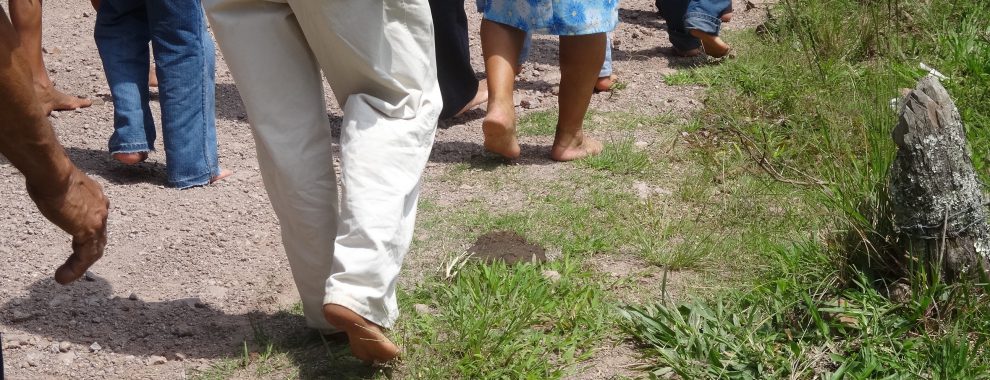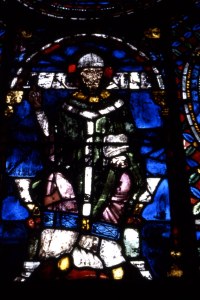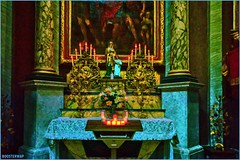On December 29, 1170, four of King Henry II’s knights entered Canterbury Cathedral and killed the archbishop, Thomas Becket.
Thomas had been a good friend of the king who had Thomas, his chancellor, appointed archbishop. He probably hoped to thus consolidate his power.
But Thomas took his role seriously. Upon being ordained priest and then bishop, he donned clerical dress and began to pray and study – and distribute alms – like a real priest.
But it was Thomas’ defense of the rights of the church that put him at odds with his former friend. The last straw was when he excommunicated the bishops who had participated in the coronation of Henry’s son. When informed of this in Normandy, King Henry is alleged to have said, “Who will rid me of this troublesome priest?” Four knights took on that task.
Whether he was a martyr for the faith or a martyr for the rights of the church can be debated. But he was a person not afraid to stand up to one who sought absolute power.
All too often we are intimidated into silence by those in power. Today in places like Honduras, the power of politicians and the rich, backed up by soldiers and police, can intimidate some. In places like the US, the intimidation is more likely to come from peers whom we don’t want to alienate. The result is the same.
But people like Thomas Becket and other bishop martyrs (St. Stanislaus and Archbishop Oscar Romero – also killed in churches) ought to inspire us to ask for the courage to “speak truth to power,” as the Quakers say.





